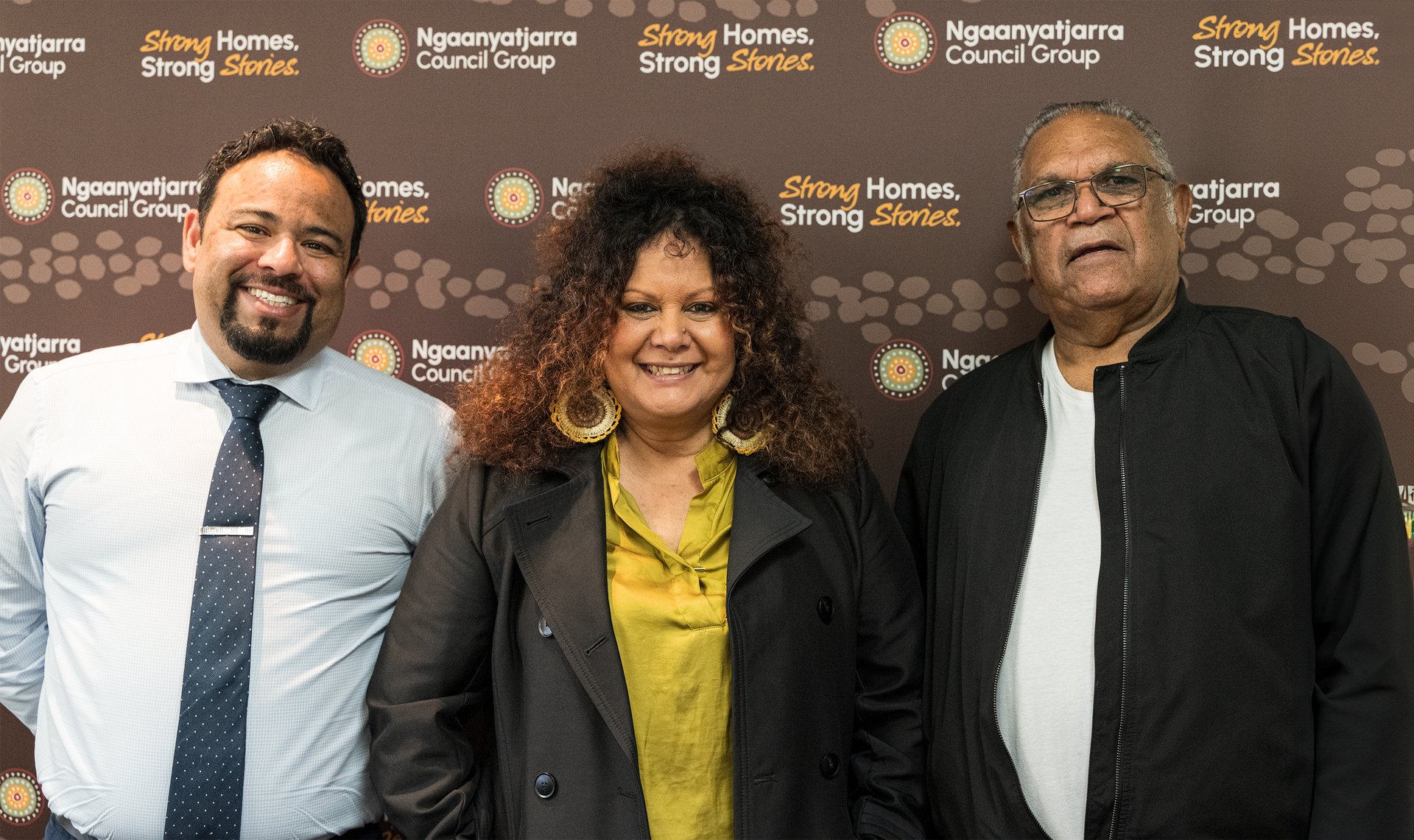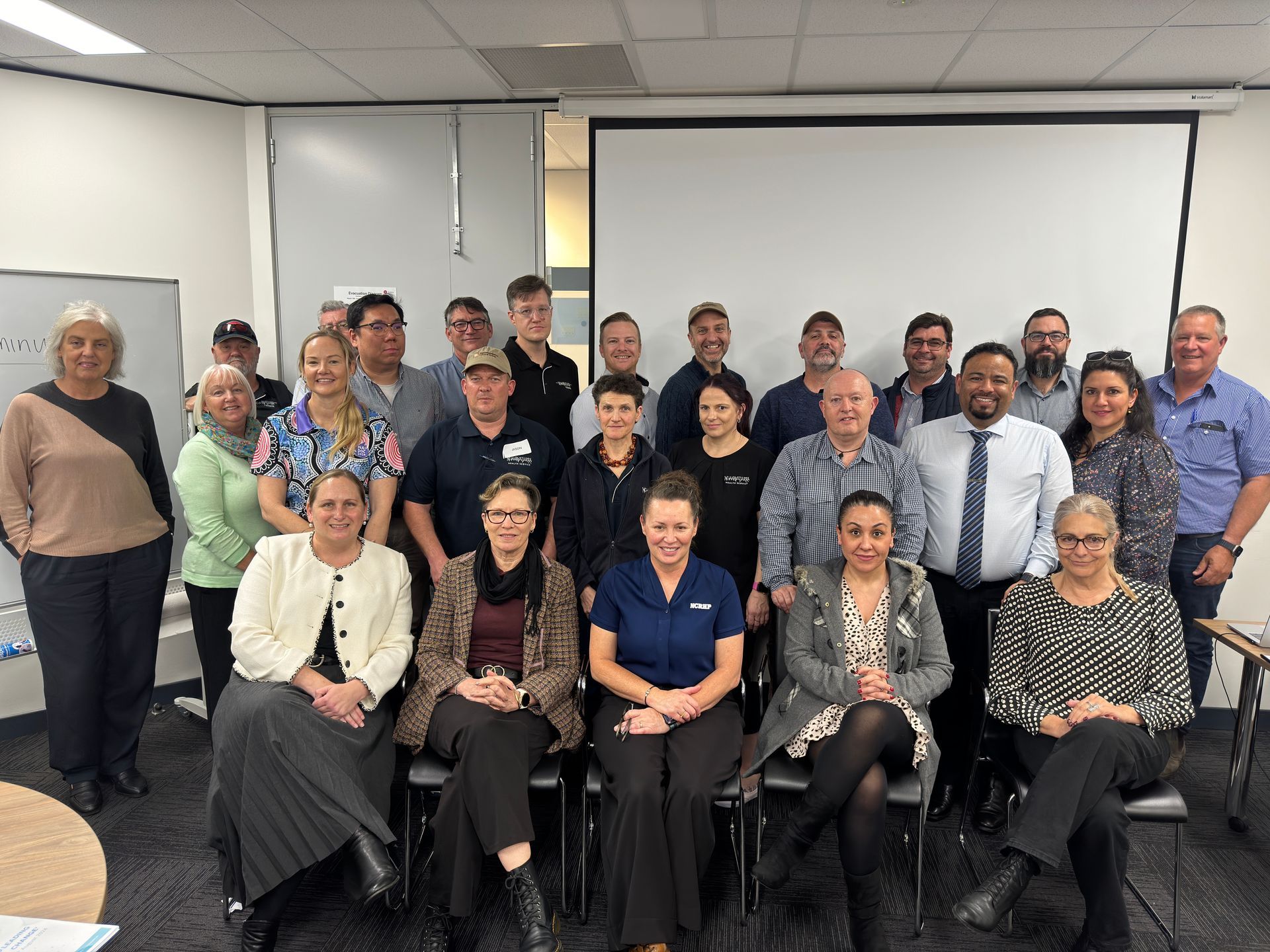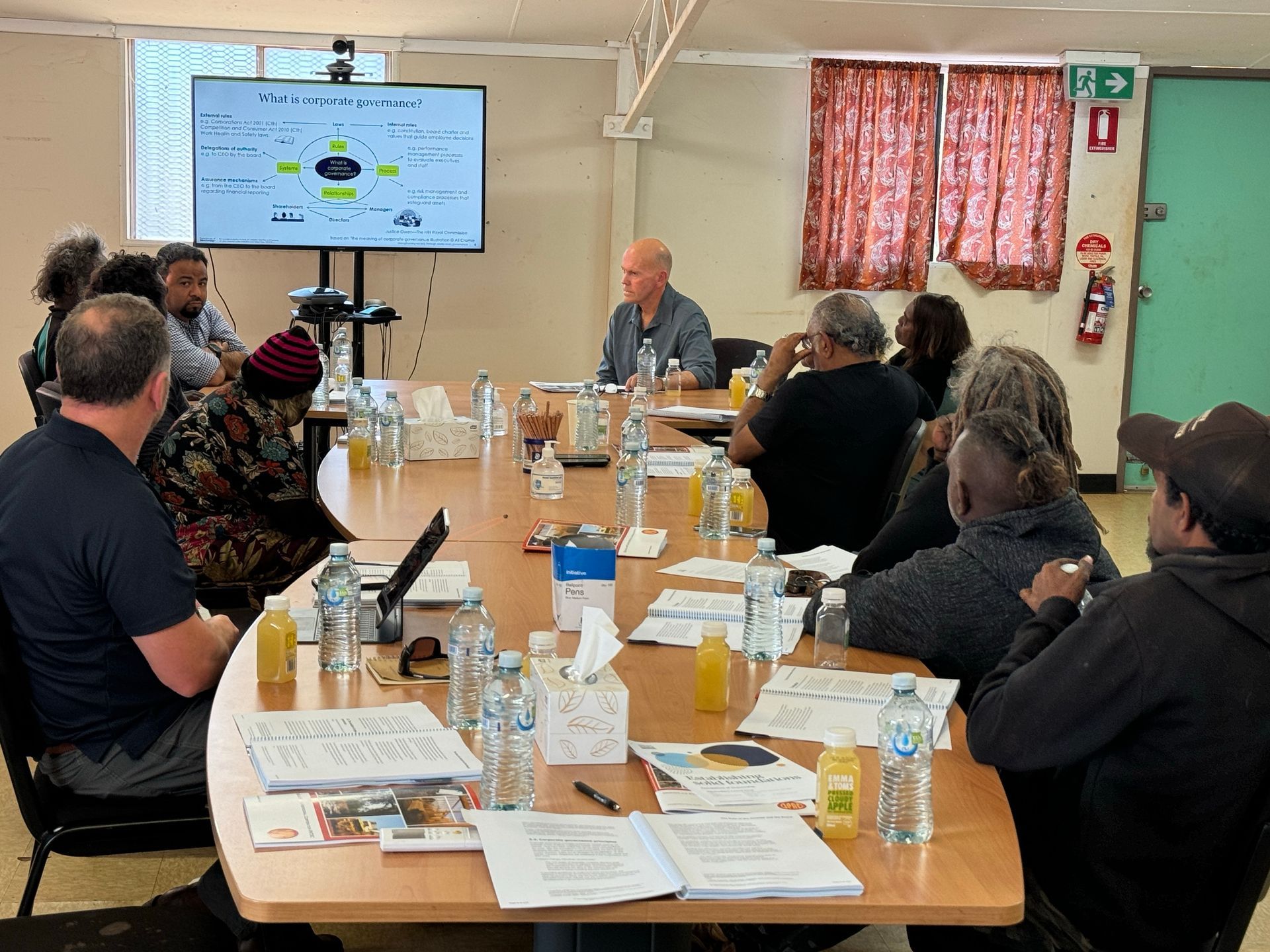Community Plans create opportunities for engagement, employment and opportunity on Ngaanyatjarra lands.
Strong homes and strong stories are at the heart of the aspirations of the members of communities on Ngaanyatjarra lands.
The last six months have seen a steady stream of engagements and action within these communities as they have co-designed and collaborated on Community Plans to help their communities flourish. These plans have been developed by the communities, for the communities, and for delivery by the community alongside key stakeholders.
Importantly, these Community Plans have now been accepted, giving a green light to opportunities, strategies, and activities that can better resource remote communities and provide greater access to services, which we understand need to be improved in many ways.
The recent activation programs over the school holidays represented another key outcome of our Community Plans—creating spaces and places for our young people to engage and flourish on country. These programs involved many of our communities, with major hubs at Warburton, Warakurna, and Warnarn.
Our Plans reflect our aspirations for Ngurra Rapa, Tjukurrpa Rapa (Strong homes, Strong stories) to fulfil our collective vision of purpose and agency —communities where members are encouraged and supported to thrive.
“Our Community Plans provide community-informed guidance to the ongoing activities and investment into the community for members, businesses and government,” said 911±¬ÁÏÍø CEP Thomas Williams.
There are plenty of opportunities for members of Ngaanyatjarra communities to be engaged in these plans, and we believe there will be significant employment opportunities in some of our communities.
“Our vision is to support the Ngaanyatjarra people to live healthy, fulfilled lives on the lands - places of flourishing where the aspirations of Yarnangu are realised as we work together towards strong families, strong stories, and strong futures on the lands,” Thomas said.
The intersecting impacts of remoteness, ineffective social support, insufficient social services, and the high cost of living have made our people some of the most disadvantaged in the nation.
“One of the major sources of disadvantage has been the changing face of CDP and ‘work for the dole’ policies, which have been punitive and negatively impacted communities,” Thomas said.
“Seeing these community plans not only accepted but moving to implementation is a significant milestone in identifying the potential, opportunities and the resourcing of each of our Ngaanyatjarra communities,” Thomas said.
“It’s an exciting phase that we now enter as we’re seeing these community aspirations begin to shape and transform communities as stakeholders and government join us in building vibrant spaces on the lands and addressing head-on the genuine challenges and disadvantages that face our people in these remote communities,” Thomas said.
The Community Plans will continue to fuel opportunities as each element is activated and the future of living on the lands becomes brighter for many.
Related News



